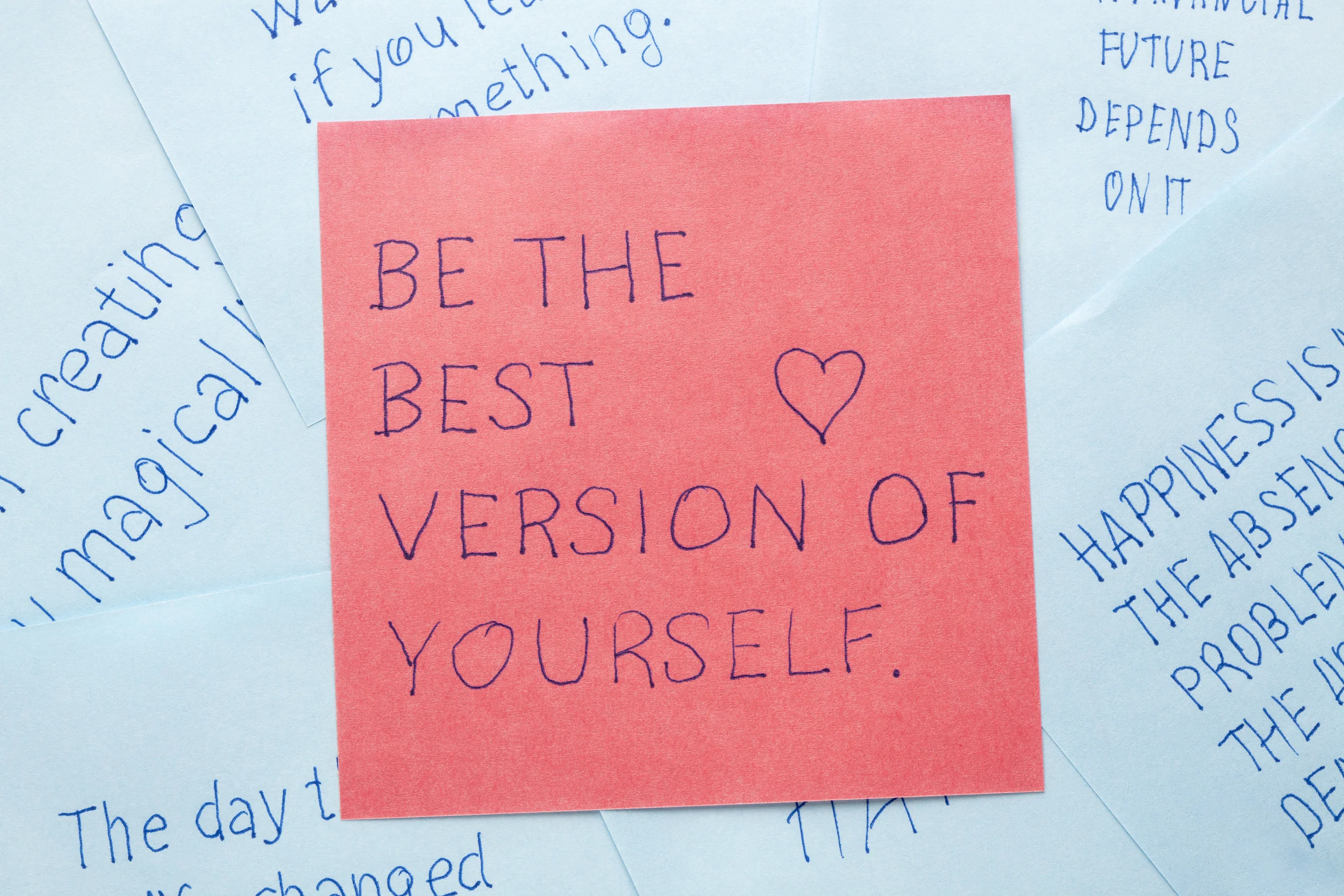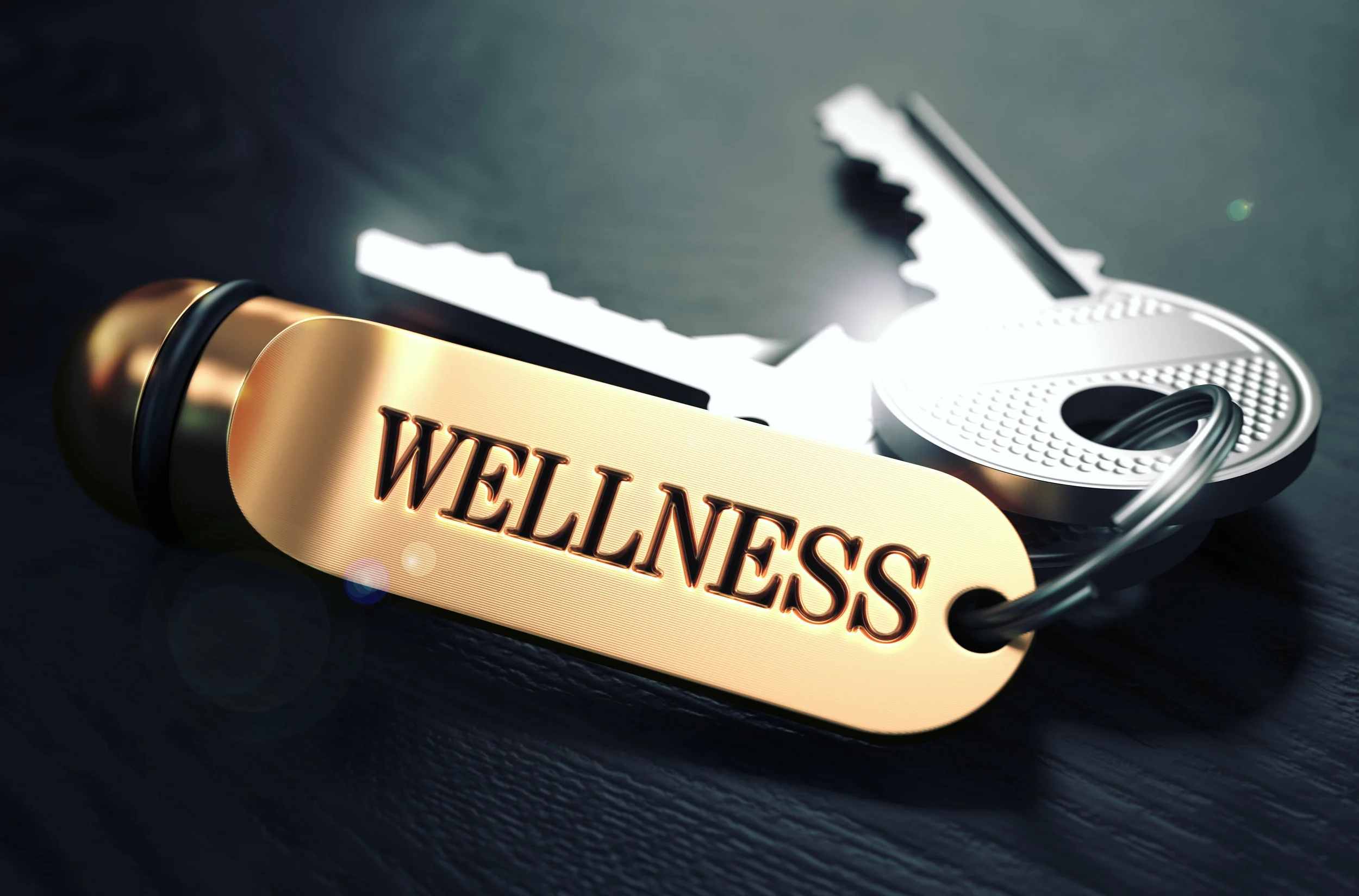How to start meditating for those who "just can't"
By now most of us are aware of the many benefits that meditation can bring to our lives. Why then, does the daily practice elude so many of us? Some will say that they ‘don’t know how’, while others might tell you that they ‘aren’t very good at it’.
The fact is, meditation feels difficult simply because you may not necessarily understand what it is that you’re attempting to do. This can leave you feeling confused, frustrated and doubtful of whether or not the practice is, as they say, ‘for you’.
The answer to this dilemma is not to neither force it on to yourself or give up on it all together. Until you decide to give formal meditation in any of its forms another try, why not use the concept and principals of stillness, awareness and reflection to create a practice for yourself that is meaningful and without any pressure?
Need help? Check out the powerful one minute check-in that I use every day to cultivate more calm, awareness, and positivity in my life.
THE ONE MINUTE DAILY CHECK - IN
1) Reminder. Set your alarm for the same time every day - whenever works best for you. Once that alarm goes off, set your timer for one minute.
2) Relax. Start by pulling your shoulders away from your ears and take a few deep breaths. Keep your eyes opened or closed - whatever feels most natural to you. If you leave them open, bring your gaze down so that you’re looking at the ground or at your thighs. This will help you avoid distractions.
3) Take Inventory. Notice the sensations in your body. Common ones includephysical aches and pains; elevated heart rate; or surges of energy. Contemplate whether or not any of your physical sensations may beconnected to your current mental state. For instance, an elevated heart rate is often a symptom of anxiety, while powerful surges of energy may be associated with excitement or ideas.
4) Connect the dots. Beyond your mind-body connection, consider the influence the role that thoughts and feelings might have on your opinions, conversations, or circumstances today - in other words, how do they affect your actions? Are they leading you to create positive or negative environments for yourself and others? If an adjustment needs to be made, is on the mental, physical or actionable level?
5) Observe and Practice Gratitude. Open your eyes or lift your gaze. Observe your surroundings. Consider the extraordinary world happening around you. Ask yourself: what can I be grateful for right in this very moment? How can I express my gratitude, thoughts, or feelings in meaningful and accurate ways? If can do this, what else am I capable of?
Whether you label this meditation or not does not matter. But know that in just one minute you practiced a series of very small exercises that have the potential to enhance your life and relationships in very big ways. If nothing else, commit to taking one minute every day to elevate your state of awareness; observe the connection between your thoughts, feelings and actions; express more gratitude; and consider all that your positive, open mind is capable of.













